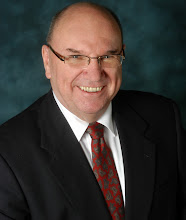If your proposal is not complete, you risk automatic elimination from the selection process.
Being complete takes at least two forms.
Most of the time, incomplete proposals result from carelessness, assumption, or lack of time. All three elements just mentioned are within your control.
Sometimes carelessness results from lack of time. But, many times lack of time results from poor planning.
Let's face it. In most instances, creating a proposal or responding to an RFP is a pain.
However, the rewards for successful proposals can be very satisfying and profitable.
Being complete means taking the time to assign several people or groups of people to double and triple check your document to ensure simple things have not been overlooked.
Simple things left out of proposals have included such things as the submitter's contact information, current prices, accurate timetables, and specific answers to each element of the RFP.
The best way to ensure your proposal is complete is to focus on three words:
Proofread; proofread; proofread.
Being complete also means including everything the client has said in pre-proposal, relationship-building meetings. It means extensive note taking to ensure you have captured every word, every detail, every emotion, and every nonverbal signal you can capture in face-to-face or telephone meetings with the client.
If the client uses a phrase such as "billable hours," the client should see that phrase in the proposal.
If a client expresses concern about meeting time tables or complying with government regulations, the client needs to see those terms and conditions dealt with and completely satisfied in the body of the proposal.
Subscribe to:
Post Comments (Atom)

No comments:
Post a Comment